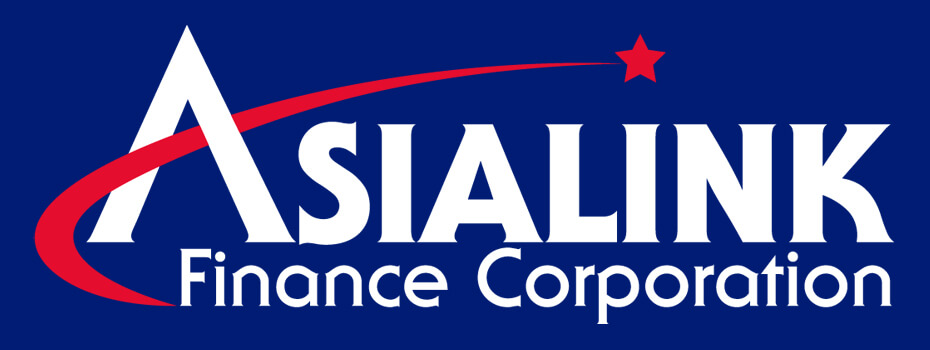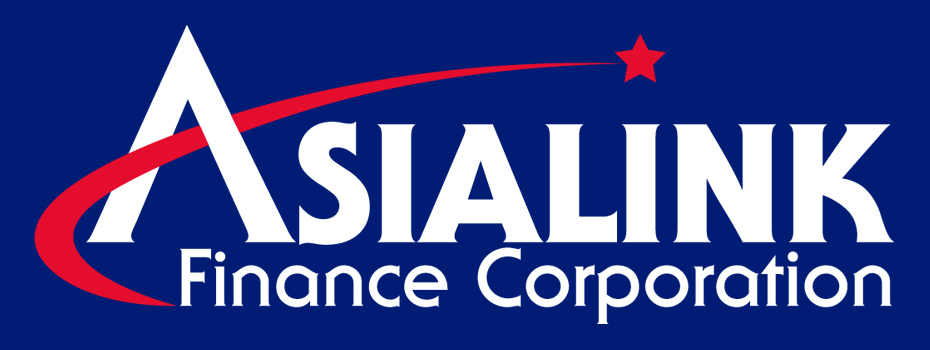Do you have plans to buy a used car because of its affordability? In 2021, 64.7% of Filipino millennials lacked the financial stability to purchase new vehicles. Consequently, they turned to pre-owned options to fulfill their dream of owning a car.
However, hidden beneath these budget-friendly opportunities lies a potential pitfall – the undisclosed accident history. From compromised safety to long-term reliability, this blog checks the risks of buying a car with an accident history. Before committing to a purchase, navigating the challenges associated with this is crucial for smooth journeys with your car.
Buying a Car with Accident History: 5 Considerations
It’s vital to weigh your options carefully before sealing the deal on a used car with an accident history. Here are crucial considerations you should keep in mind to help you make an informed decision and avoid any unpleasant surprises down the road:
1. Potentially higher maintenance expenses
Buying a car with a history of accidents could mean increased maintenance expenses in the long run. Even if the repairs from the accident seem minor, underlying damage could manifest later. There might be compromised components, like the suspension, alignment, or frame, that could lead to unexpected repair bills.
2. Hidden issues
Accidents can sometimes result in concealed defects that may not be immediately apparent. While a car may look fine on the surface, structural damage or mechanical problems could lurk beneath. These hidden problems can affect the vehicle’s performance and reliability. A comprehensive inspection and test drive are necessary to uncover and clear any hidden issues before purchasing.

3. Decrease in resale value
A car that’s been in an accident typically has lower resale values than accident-free ones. The stigma associated with accidents can deter potential buyers in the future, even with a repaired and functioning vehicle.
Additionally, some buyers might hesitate to invest in a car with a history of accidents due to concerns about safety and dependability. As a result, you may have a hard time selling or trading the vehicle.
4. Difficulty obtaining insurance
Insuring a car with an accident history can be more challenging and expensive. Insurance companies may view these vehicles as high risks and charge higher premiums. Some insurers may also impose stricter conditions or require additional inspections before providing coverage. Hence, it’s best to research insurance options and consider how they may impact your ownership costs.
5. Safety concerns
Safety is one of the most critical considerations when buying a car with an accident history. Even with proper repairs, there’s no guarantee that it will perform as safely as before the accident. The past collision may compromise structural integrity, airbag functionality, and other safety features.
It’s essential to prioritize certainty through a series of checks, such as repairs done by manufacturer standards and the vehicle’s crash test ratings.

How to Buy a Car with an Accident History
Suppose attaining a brand-new car is not feasible now, and your only option is a second-hand one. You’ll require careful consideration and due diligence to ensure you’re making a sound investment with peace of mind. Here are tips when buying a car that’s been in an accident:
Assess the severity of the accident
Begin by obtaining detailed information about the accident involving the car. Understand the extent of the damage and whether it was a minor fender bender or a more significant collision. This information can provide valuable insights into the potential impact on the vehicle’s structural integrity and overall performance.
Consider requesting a vehicle history report or consulting with the seller to better comprehend the accident’s severity.
Know who performed the repairs
Inquire about the repair person’s expertise and credentials. Reputable professionals experienced in handling collision damage should be the ones performing overhauls or such services. Review any documentation related to the repairs, including invoices and receipts, to ensure the car mechanic’s work is on par with quality standards.
It’s crucial to avoid purchasing a car that has undergone subpar repairs or DIY fixes. These may not have warranties and likely pose reliability and safety concerns in the future.
Evaluate the overall condition of the car
Before finalizing your decision, it’s essential to have a licensed mechanic or automotive technician inspect the vehicle. They can thoroughly assess the car’s condition and spot red flags that might elude the untrained eye. A professional opinion can provide valuable insights into the vehicle’s structural integrity, mechanical components, and overall roadworthiness.
Getting a second opinion from another automotive mechanic for assurance is also a good idea. Additionally, consider hiring a certified appraiser to determine the car’s resale value based on its condition and accident history.
Take it for a test drive
A test drive is an indispensable step in car buying, especially if the vehicle has an accident history. During the trial run, pay close attention to the engine’s performance, braking responsiveness, and handling. Keep an ear out for odd sounds or vibrations that might point to more severe problems.
Ideally, you vary the driving conditions by testing the car at different speeds, on highways, and in stop-and-go traffic. These alterations can help you assess the vehicle’s performance in multiple scenarios and identify potential concerns that may need further attention.
Rev Up Your Car-Buying Decision with Smart Choices
Purchasing a car is a big decision. Whether you’re still pondering on buying a car that’s been in an accident, being informed and cautious is the key. Such vehicles will always have risks, including high maintenance costs and safety concerns. However, the right tips and strategies can help you avoid major issues.
Remember to evaluate the car’s overall condition with professional assistance and take it for a thorough test drive. These steps can help avoid pricey and hazardous surprises down the road.
Then, consider availing second-hand car financing in the Philippines to make your purchase easier. Asialink Finance Corporation offers flexible terms and competitive rates to help you meet your transportation needs without straining your budget. Apply online or call us today.






